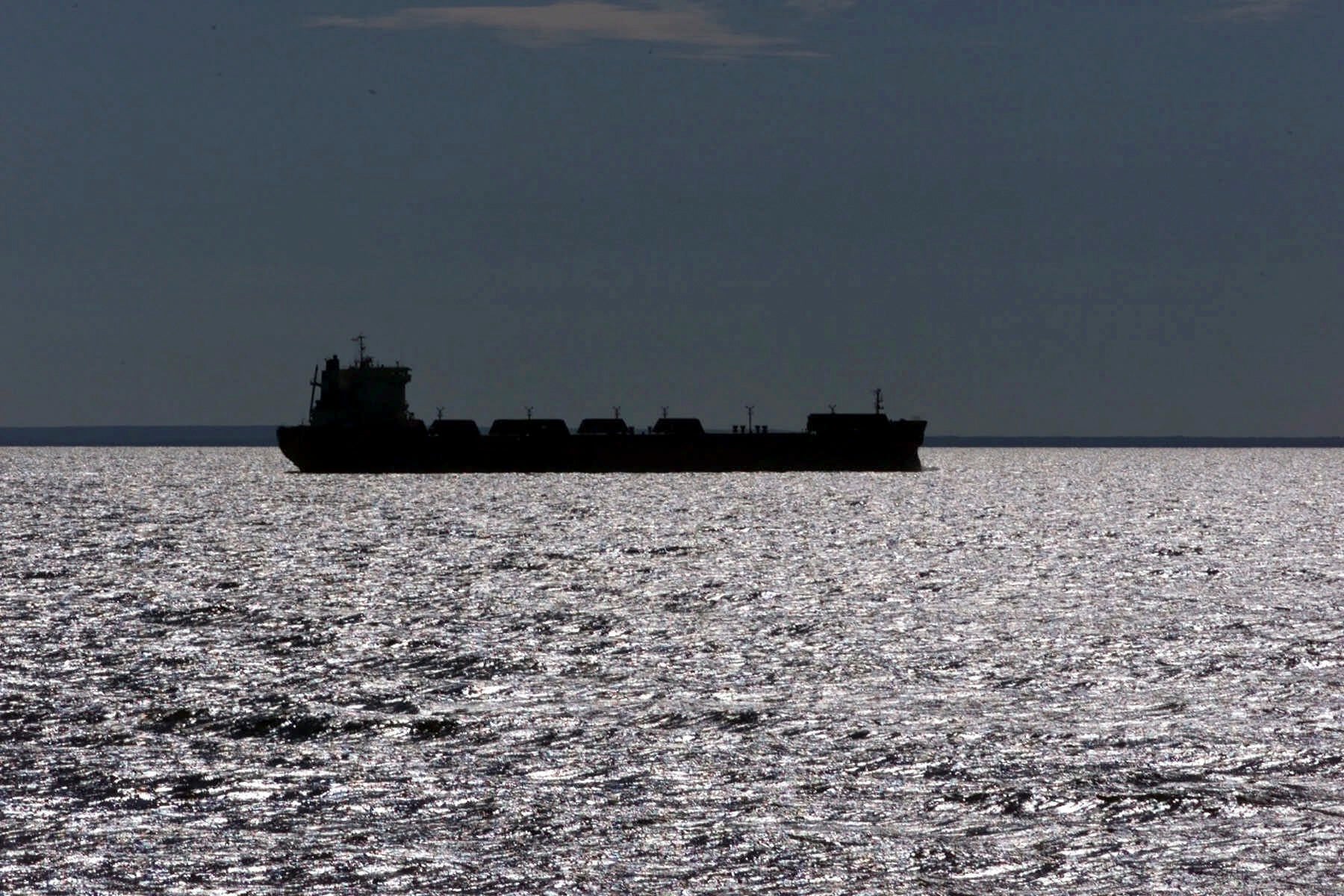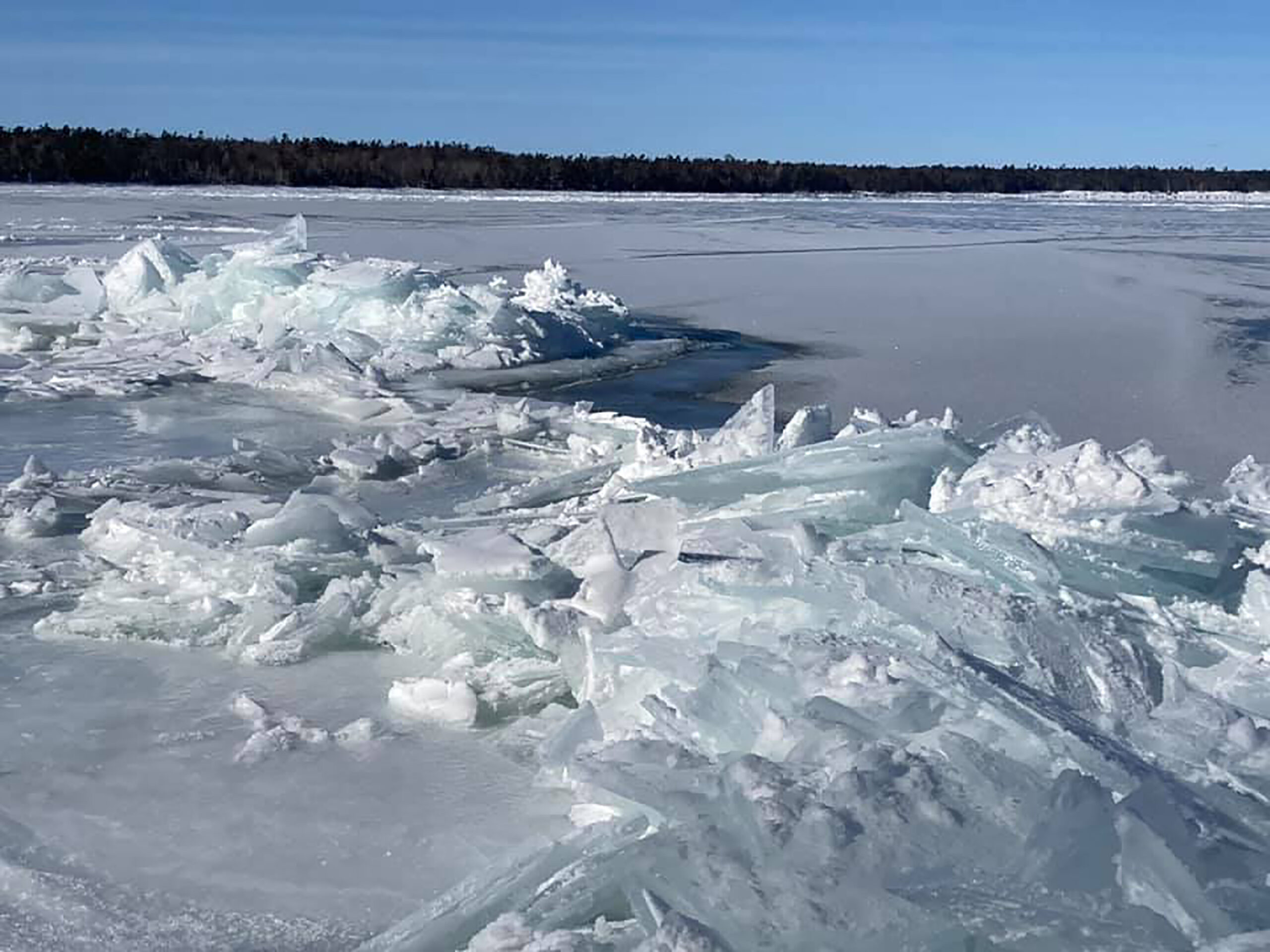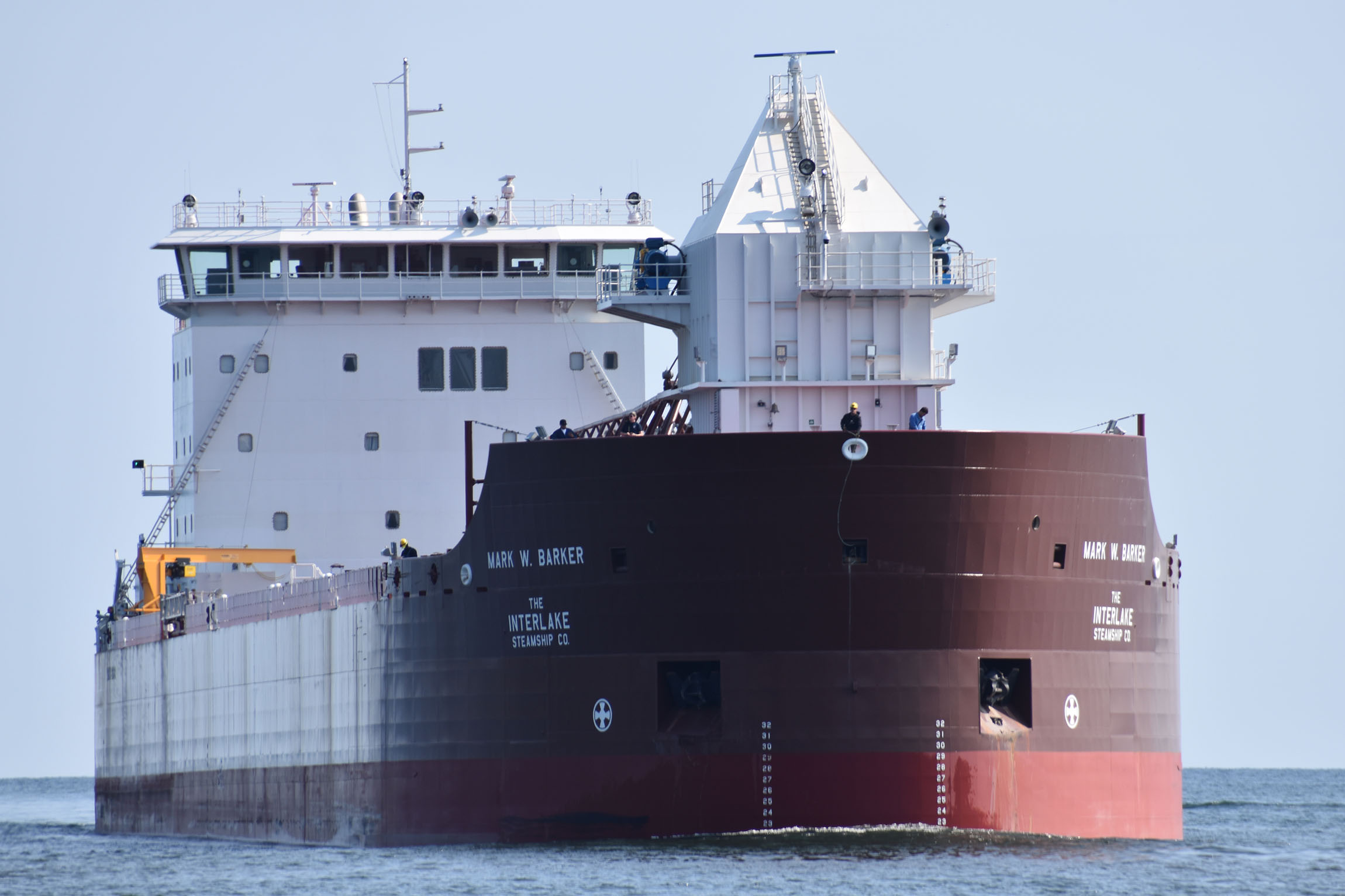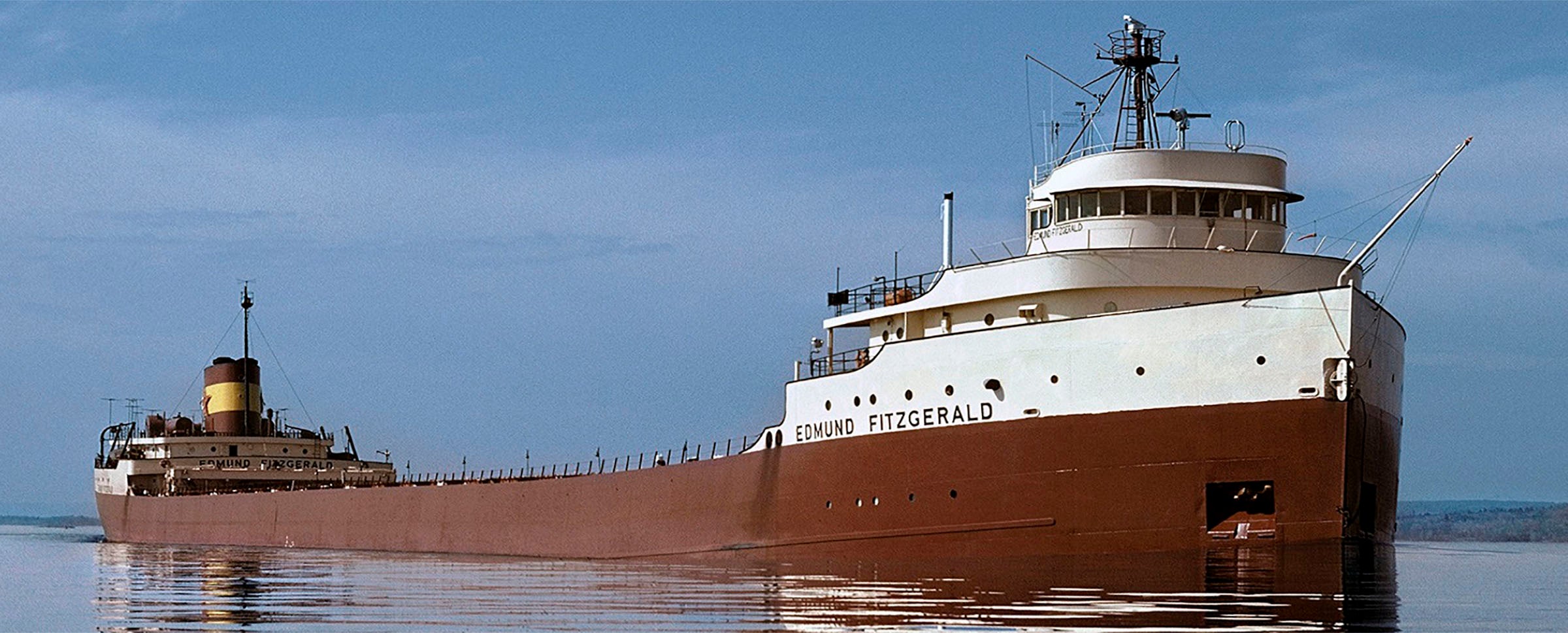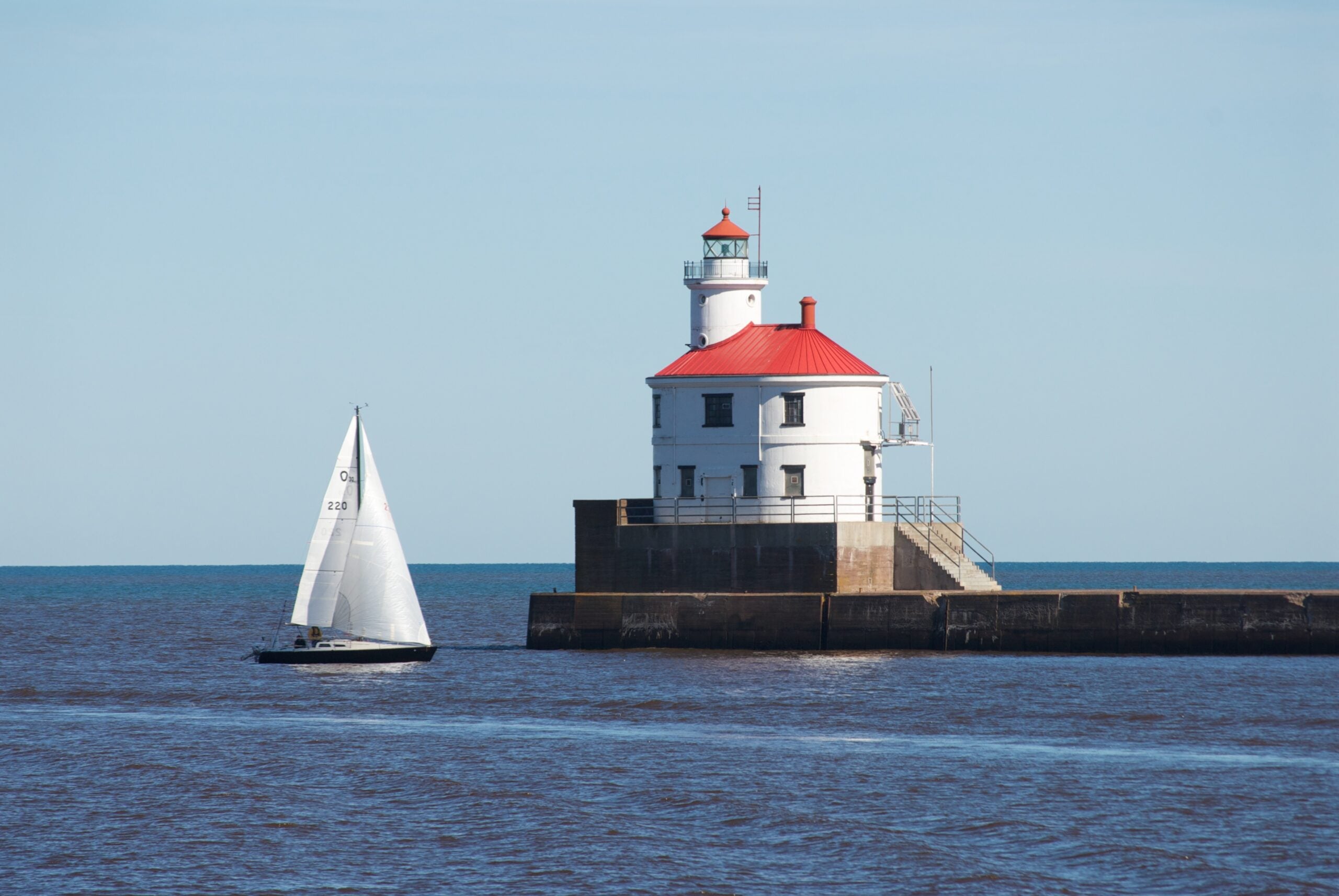The U.S. Senate blocked a bill for a vote that conservationists feared could lead to the spread of more invasive species throughout the Great Lakes, but shipping advocates say action is needed to provide a uniform standard under current law for ballast water discharges.
The U.S. Environmental Protection Agency and U.S. Coast Guard both oversee the discharge of water from ships’ ballast tanks to prevent the spread of invasive species. The U.S. Coast Guard Authorization Act would have given the Coast Guard sole oversight.
U.S. Sen. Tammy Baldwin, D-Wisconsin, said the legislation included a ballast water provision that would have harmed Great Lakes communities.
News with a little more humanity
WPR’s “Wisconsin Today” newsletter keeps you connected to the state you love without feeling overwhelmed. No paywall. No agenda. No corporate filter.
“Now that it’s clear this bill will not pass, we should remove the ballast water provision and pass a bill that supports our Coast Guard, protects our Great Lakes and helps our coastal economy,” said Baldwin in a release.
Groups like the Alliance for the Great Lakes hailed the Senate’s decision. However, the bill could still be taken up by lawmakers.
“We would hope that the Senate leadership would bring forward a clean Coast Guard Authorization Act without these provisions that would be harmful to the Great Lakes,” said Jennifer Caddick, engagement director for the Alliance for the Great Lakes.
Representatives of the Lake Carriers’ Association expressed disappointment in the Senate’s move today, including the association’s president Jim Weakley.
“It’s a mess. We haven’t fixed the mess,” said Weakley, noting lawmakers still had to authorize funding for the Coast Guard.
The association’s vice president, Glen Nekvasil, said they would continue efforts to pursue a uniform federal standard for ballast water discharges on the Great Lakes.
Wisconsin Public Radio, © Copyright 2026, Board of Regents of the University of Wisconsin System and Wisconsin Educational Communications Board.

